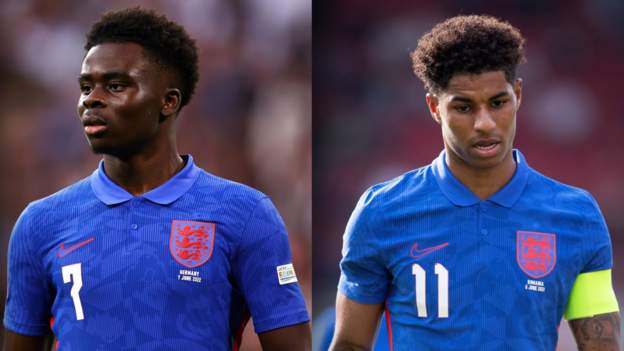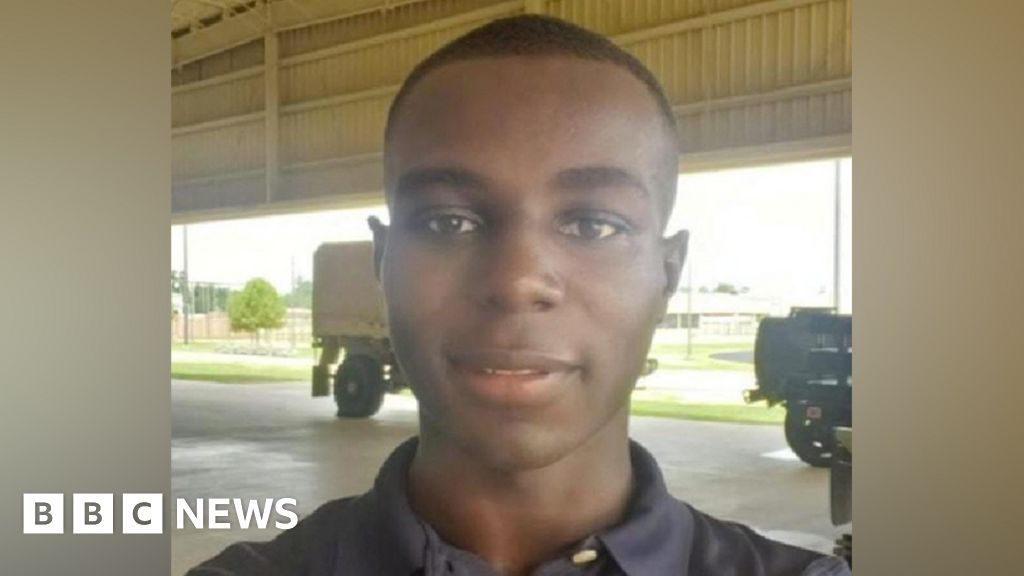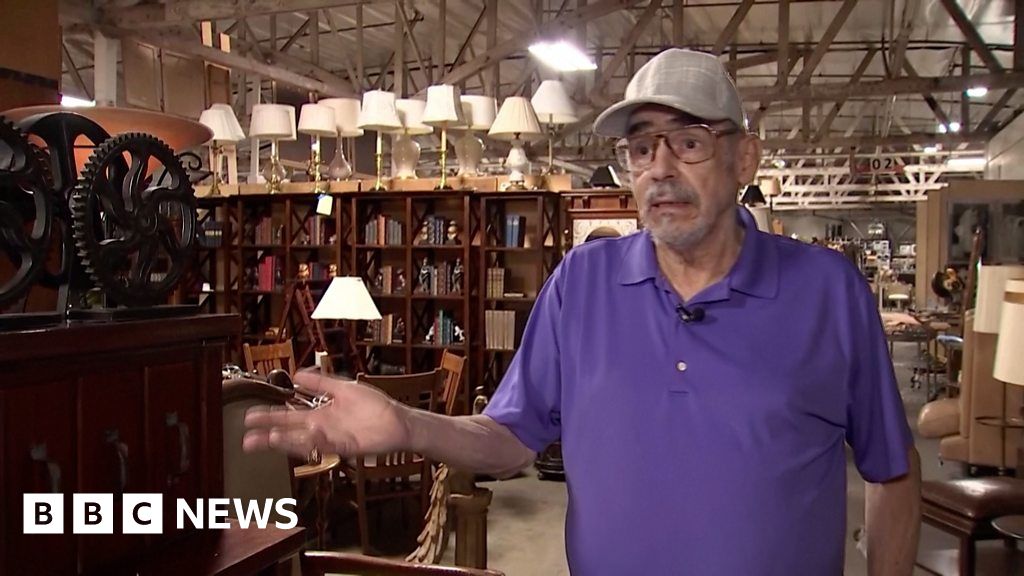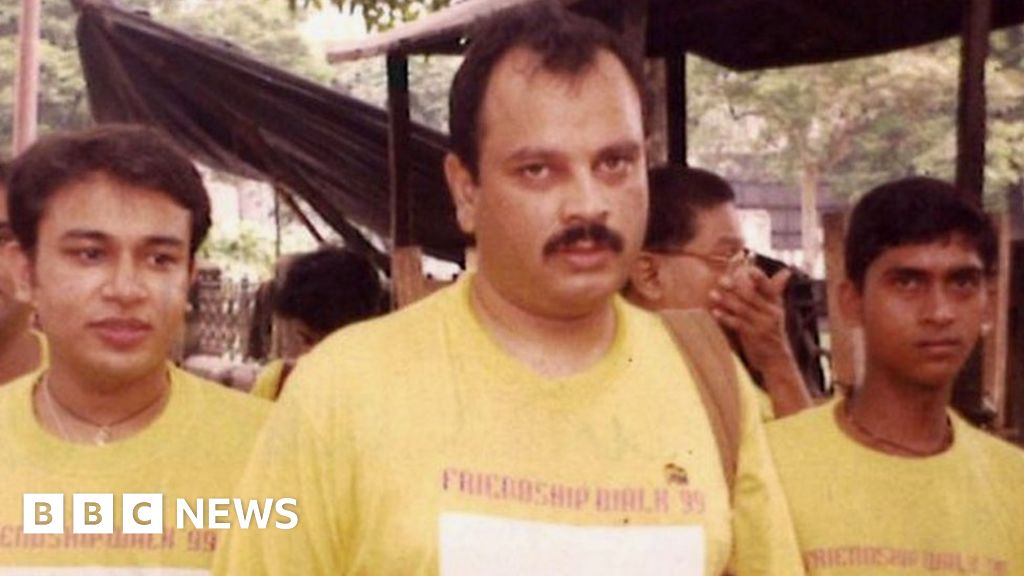[ad_1]
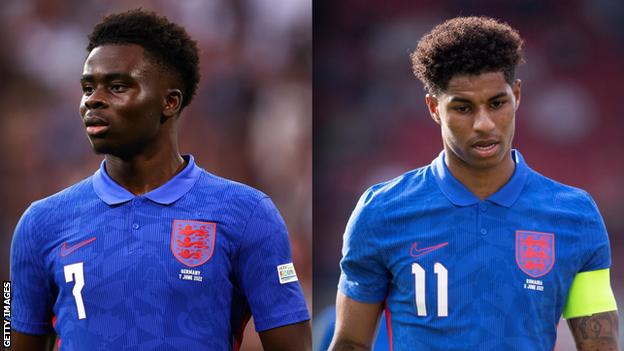
World governing body Fifa has teamed up with players’ union Fifpro to try to identify people who target players with abusive social media posts.
A report tracked 400,000 social media posts during the semi-finals and final of Euro 2020 and this year’s Africa Cup of Nations.
The study found that over 50% of players received some kind of abuse.
The report found that black players who missed penalties were the most abused players in the Euro 2020 final.
BBC Sport understands that England’s Marcus Rashford and Bukayo Saka, who both missed their spot-kicks in the shootout defeat by Italy, were the players who suffered the most abuse during the Euro 2020 final.
“Our duty is to protect football, and that starts with the players who bring so much joy and happiness to all of us by their exploits on the field of play,” said Fifa president Gianni Infantino.
“Unfortunately, there is a trend developing where a percentage of posts on social media channels directed towards players, coaches, match officials and the teams themselves is not acceptable. This form of discrimination, like any form of discrimination, has no place in football.”
The report found that most of the abuse during the two periods in question came from the players’ home countries.
Homophobic (40%) and racist (38%) comments made up the majority of the abuse, according to the report, with most of it remaining online.
The report also states that 90% of accounts flagged as having published abusive comments have a “high probability” of identification.
In response, Fifa and Fifpro are to launch a dedicated ‘in-tournament moderation service’ that will scan recognised hate speech terms published to identified social media accounts.
Once detected, the aim is to prevent the comment from being seen by the recipient and their followers.
“Online abuse is a societal issue and as an industry we cannot accept that this new form of abuse and discrimination affects so many people including our players,” said Fifpro president David Aganzo.
“This collaboration recognises football’s responsibility to protect the players and other affected groups against the abuse they increasingly face in and around their workplace.”


[ad_2]
Source link

